Benn should 'do the right thing' after murdered GAA official court ruling
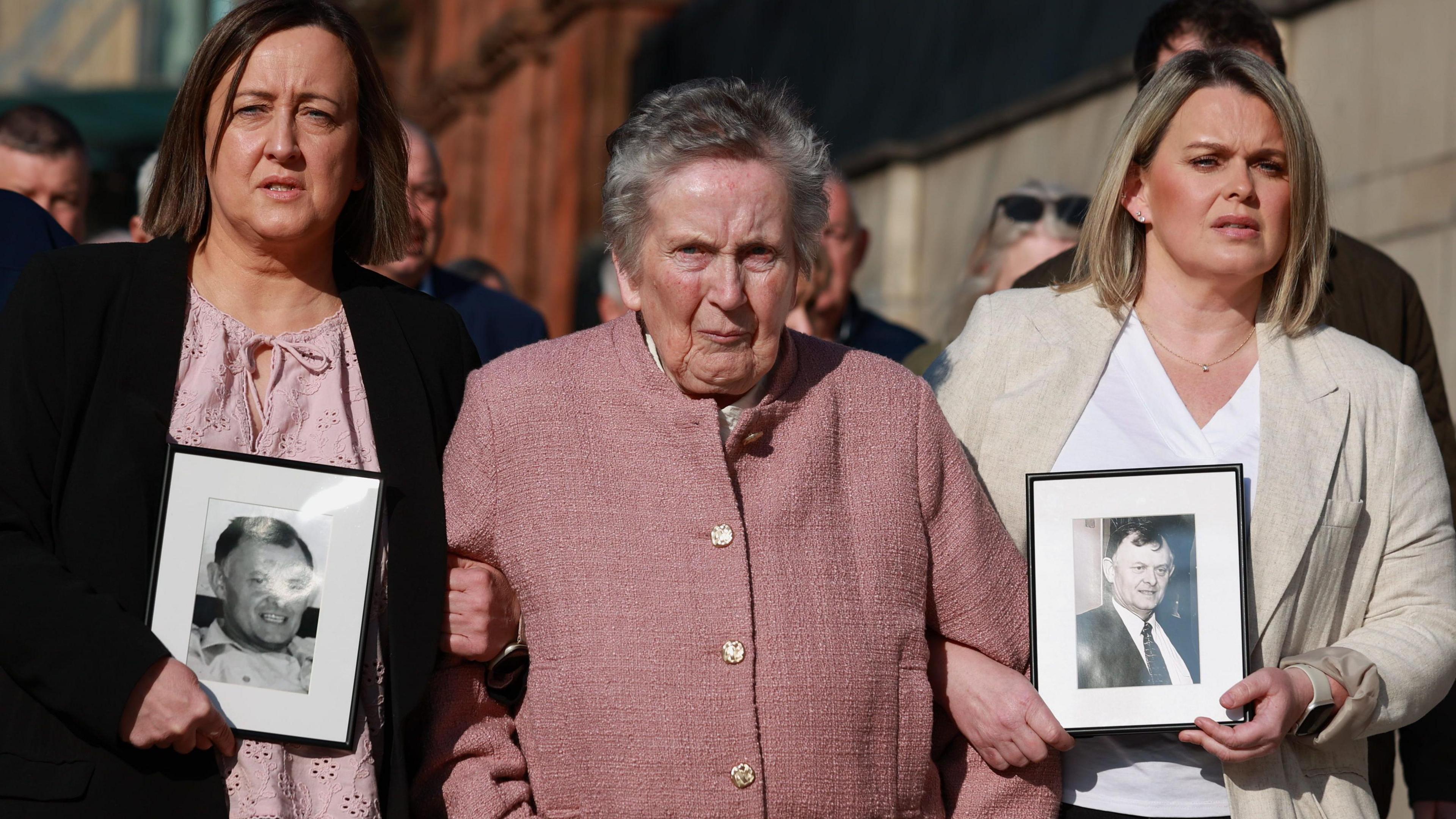
Sean Brown's widow Bridie Brown (centre) said denying a public inquiry breached her rights
- Published
The UK government's refusal to hold a public inquiry into the killing of a GAA official who was abducted and shot dead by loyalists is unlawful, the Court of Appeal has ruled.
It has given Northern Ireland Secretary Hilary Benn four weeks to reconsider a decision not to hold an inquiry into Sean Brown's murder by the Loyalist Volunteer Force in 1997.
The government has said it will "carefully consider" the judgement.
Mr Brown was abducted from outside a GAA club in Bellaghy, County Londonderry, and driven to Randalstown, in County Antrim, where he was shot six times in the head. Intelligence material has linked state agents to the 61-year-old's death.
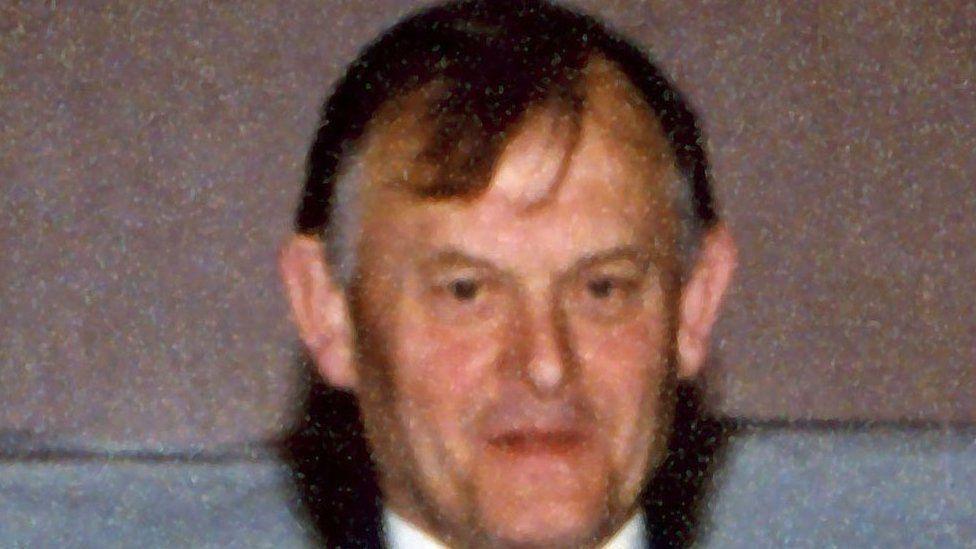
Sean Brown was abducted and murdered in 1997
The government had taken a legal challenge to overturn a decision by a court to order a public inquiry into Mr Brown's murder.
However, Lady Chief Justice Dame Siobhan Keegan said it was "a shocking state of affairs" that more than 25 years had passed but there had been no "lawful inquiry into the circumstances" of Mr Brown's death.
Mr Brown's family said Northern Ireland Secretary Hilary Benn should "do the right thing" after the ruling.
Speaking after the hearing, Mr Brown's widow Bridie spoke directly to the secretary of state: "Five judges have told you what to do, do the right thing and please don't have me going to London."
Mr Brown's daughter Clare Loughran said they were "very pleased with the judgement".
"He (Hilary Benn) has got very little further option, the fact that he was trying to get us to go towards the ICRIR and it's been evident that is actually something that probably is not appropriate in my father's case," Ms Loughran said.
"I really hope that he has got some degree of credence in what the legal framework have so far told him what to do.
"I would appeal to the secretary of state to do the right thing."
Analysis: Public inquiry could be a step closer
The government looks cornered by this outcome.
A public inquiry is a step closer, but it is possible this ruling could be tested at the Supreme Court.
That would further delay things.
This is a significant case as it could have wider implications. Families involved in a small number of other legacy cases are watching closely.
They believe their circumstances also merit inquiries.
The ruling also underlined problems with the legacy body, the Independent Commission for Reconciliation and Information Recovery (ICRIR), which the government has promised to correct.
When that will happen is unclear.
Abducted and shot: What happened to Sean Brown?
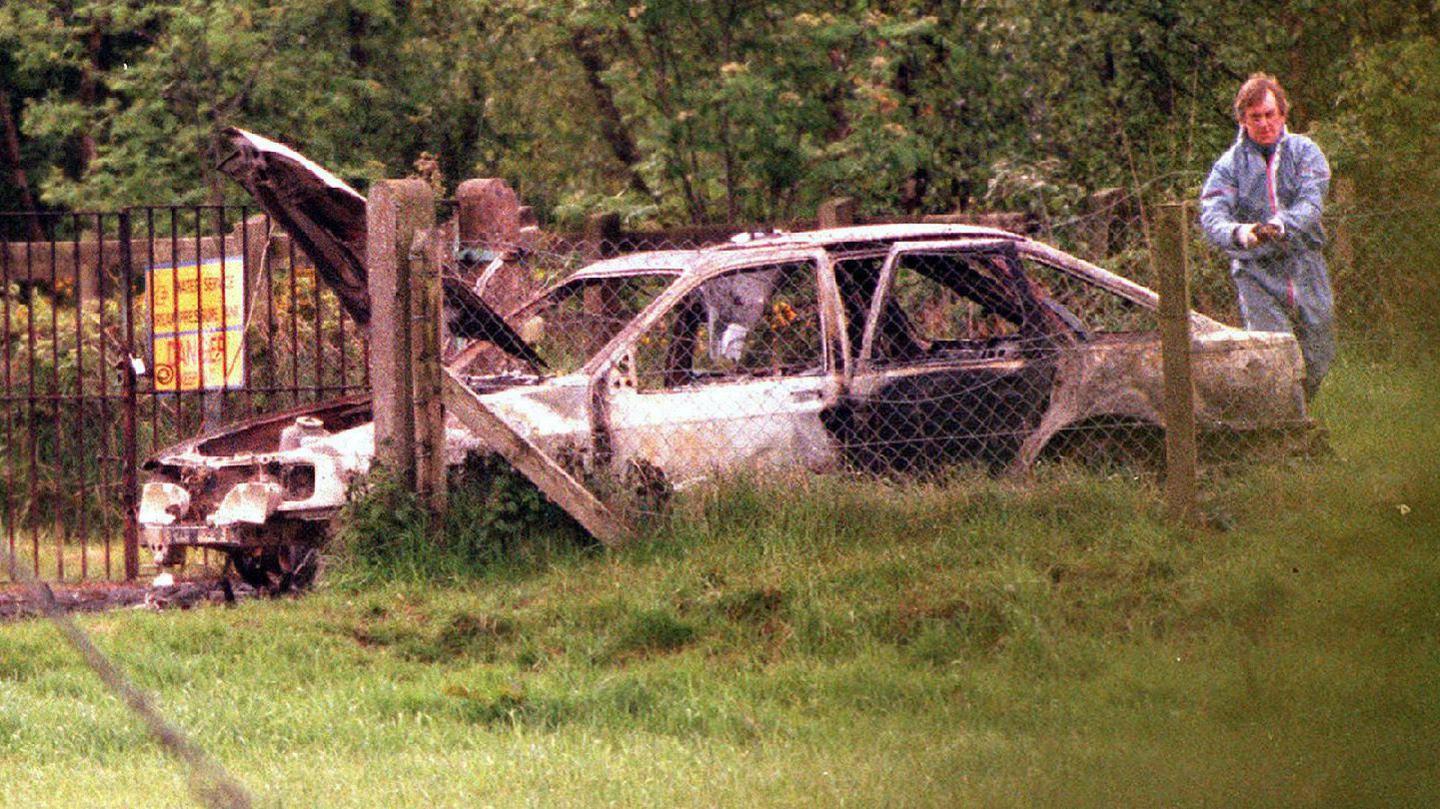
A burnt out car where Sean Brown's body was found near Randalstown, County Antrim, in 1997
Mr Brown was locking the gates of GAA club Bellaghy Wolfe Tones when he was kidnapped by the paramilitary grouping, the Loyalist Volunteer Force (LVF).
Early last year, a court heard that more than 25 people, including state agents, had been linked by intelligence material to Mr Brown's murder.
Last March, a coroner said Mr Brown's inquest could not continue due to material being withheld on the grounds of national security.
He decided that redactions of intelligence material meant he could not properly investigate the circumstances of the killing.
Instead, he wrote to the then Northern Ireland Secretary Chris Heaton-Harris, requesting a public inquiry into the case.
In December, the High Court ruled that current Northern Ireland Secretary Hilary Benn must set up a public inquiry into the murder.
What has the UK government said about Sean Brown?
Delivering the Court of Appeal judgement on Thursday, Dame Siobhan said there should be "no further delay in this case".
A UK government spokesperson said it had "enormous sympathy for Mrs Brown and her family who have suffered so much".
"The secretary of state has been clear that he wants to see a full investigation into the murder of Sean Brown.
"We acknowledge today's judgement and will carefully consider it.
"This will not delay the government's determination to repeal and replace the Legacy Act, and to implement mechanisms that are human rights compliant and can command confidence across communities."
Speaking after Thursday's Policing Board meeting, Police Service of Northern Ireland (PSNI) Chief Constable Jon Boutcher said they will cooperate with any inquiry.
"I made that position clear from when I first arrived in the PSNI as chief constable when I was addressing some issues around the inquest that I unfortunately had to stop," he said.
"Anything we can do to support that family to make sure that they get the answers that they deserve we will do. "
The Troubles and its legacy
The issue of how to approach criminal cases related to the Troubles - the conflict in Northern Ireland that lasted almost 30 years and cost the lives of more than 3,500 people - has been a thorny issue for successive UK governments.
The previous Conservative government attempted to draw a line under the past by introducing the Legacy Act, which put a ban on inquests and civil actions related to incidents - such as killings - during the Troubles.
It also sought to offer a conditional amnesty for people suspected of Troubles-related crimes in exchange for co-operating with a new information recovery body, the ICRIR.
The controversial act was opposed by all victims' groups and the main political parties in Northern Ireland.
Labour pledged to repeal the act if it came to power and, after winning last year's election, it began the process last December.
However, Hilary Benn has indicated that the ICRIR will continue to operate and that the government will "make further changes to reform and strengthen" its "independence, powers and accountability".
- Published17 December 2024
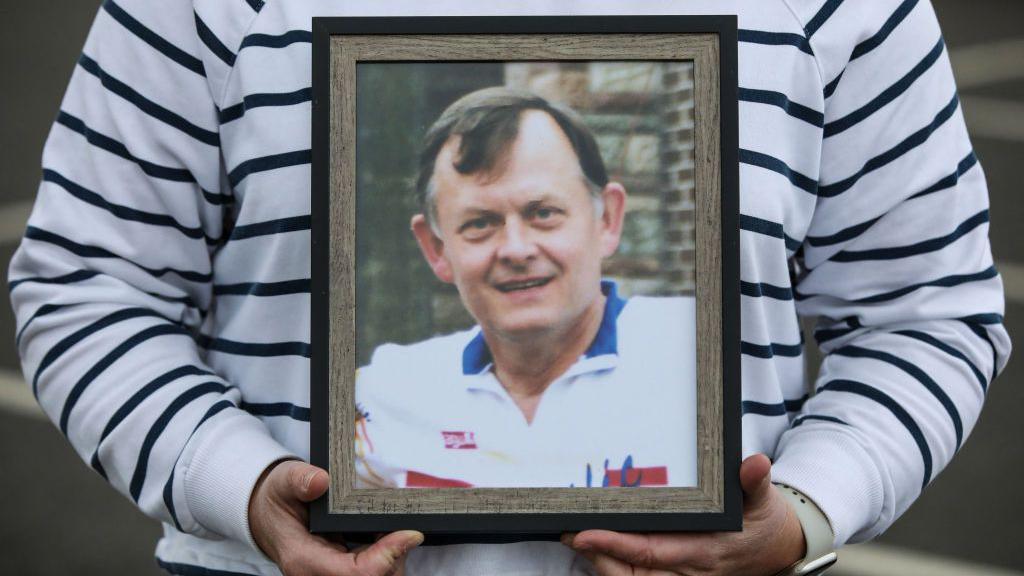
- Published16 January
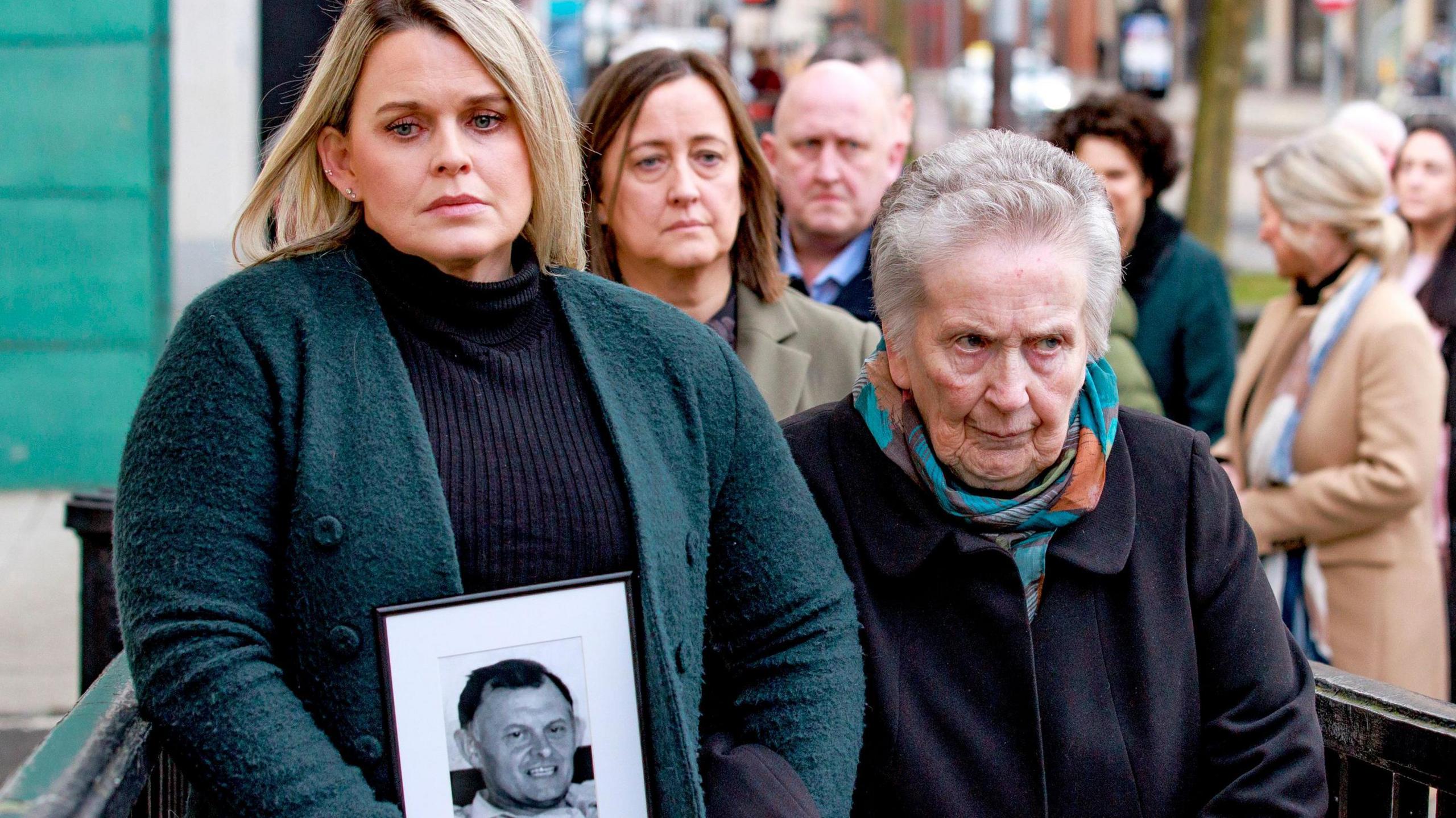
- Published4 December 2024
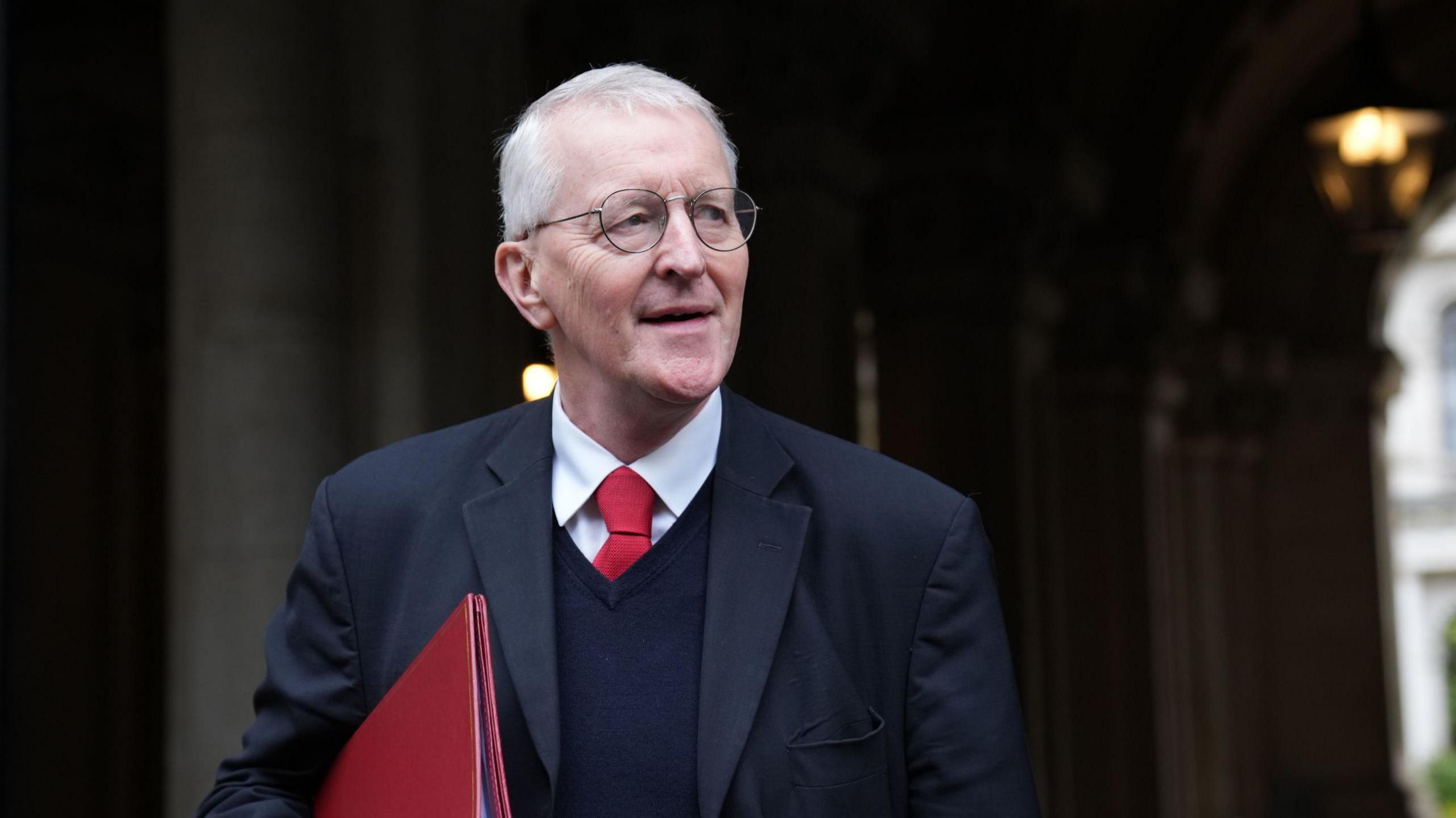
- Published3 January
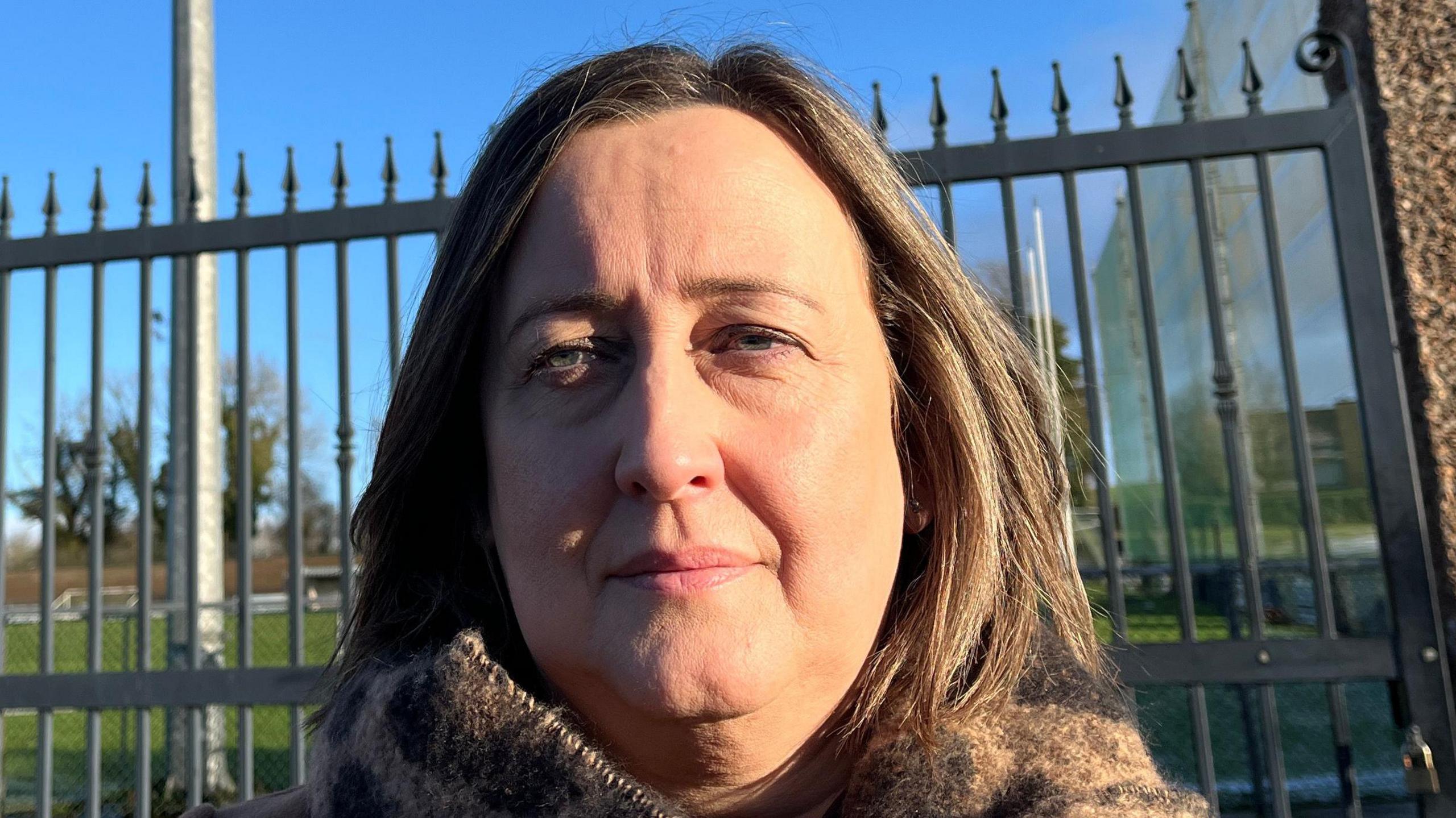
- Published27 February 2024
